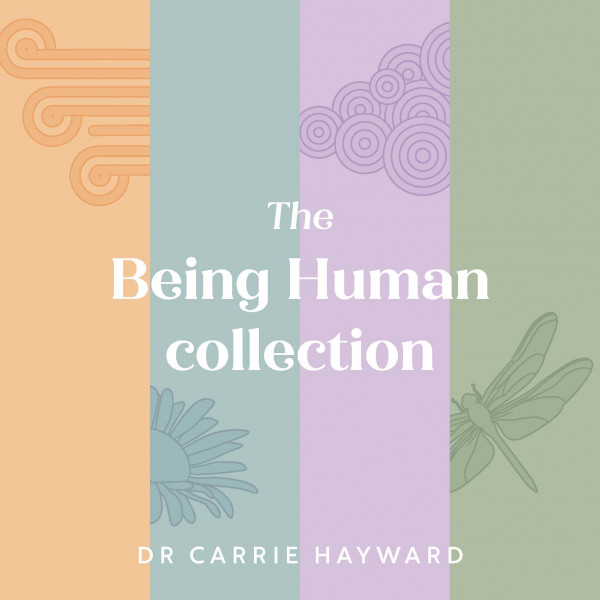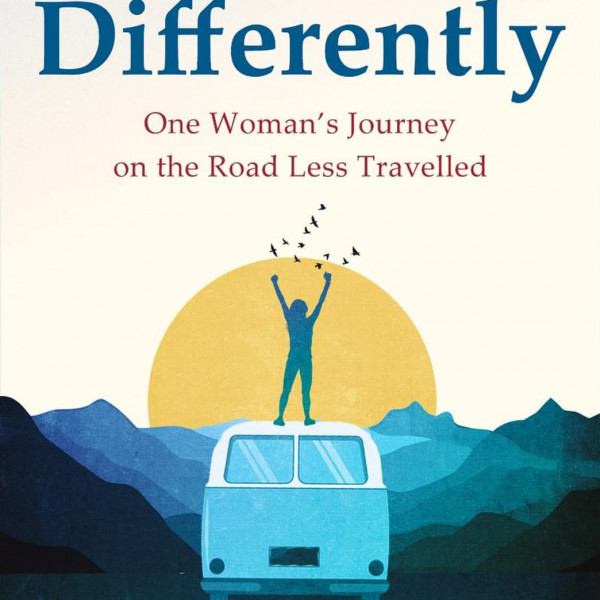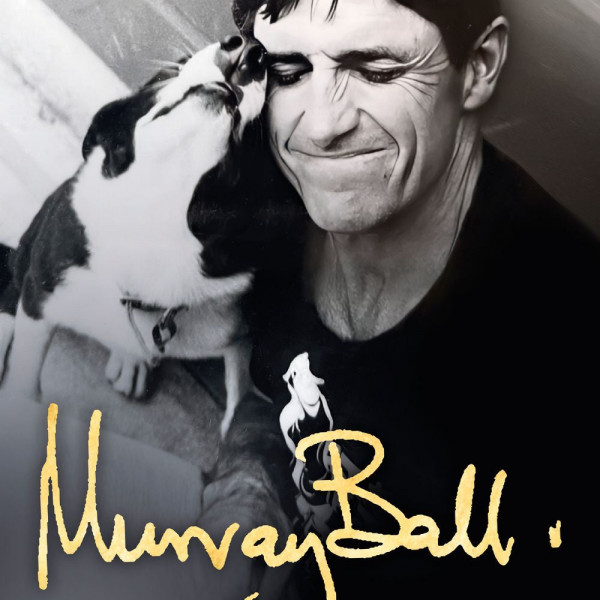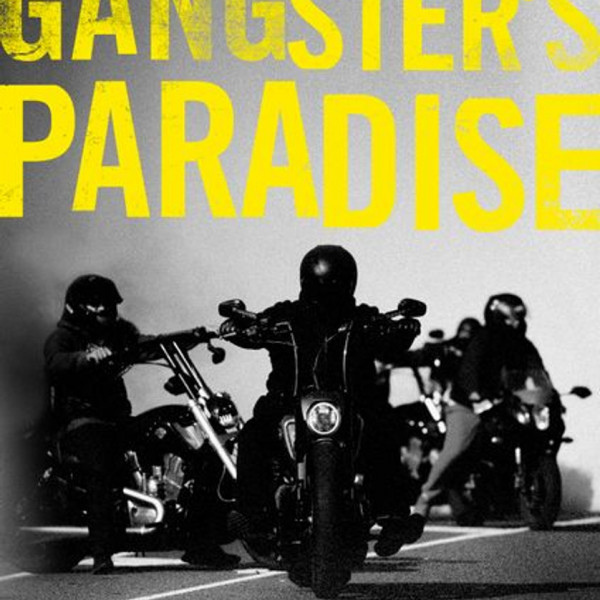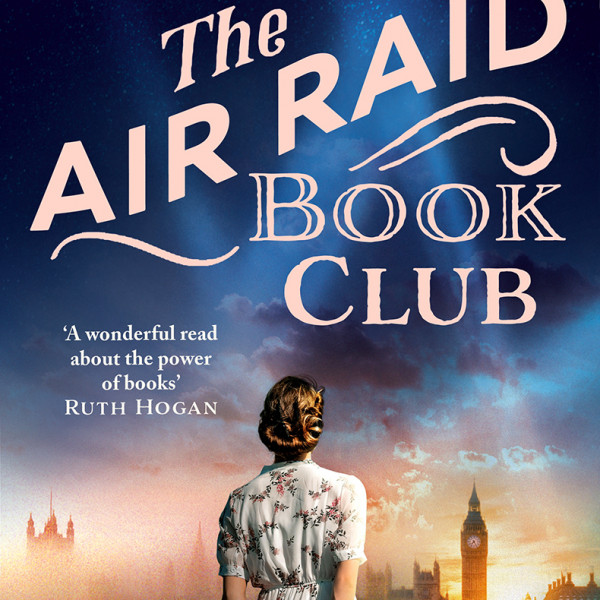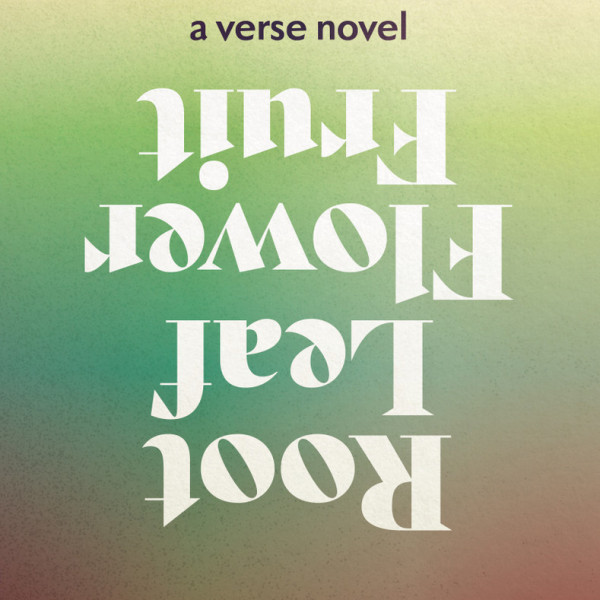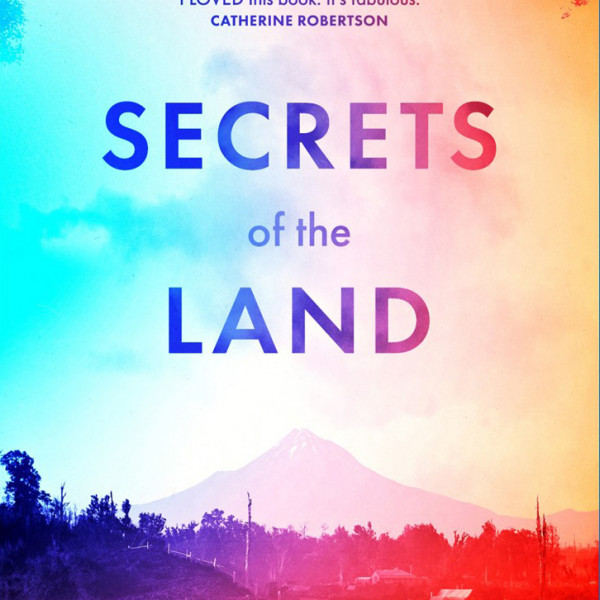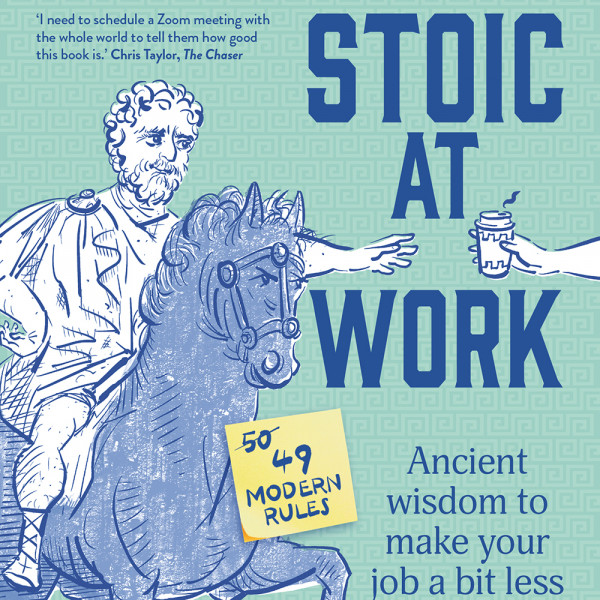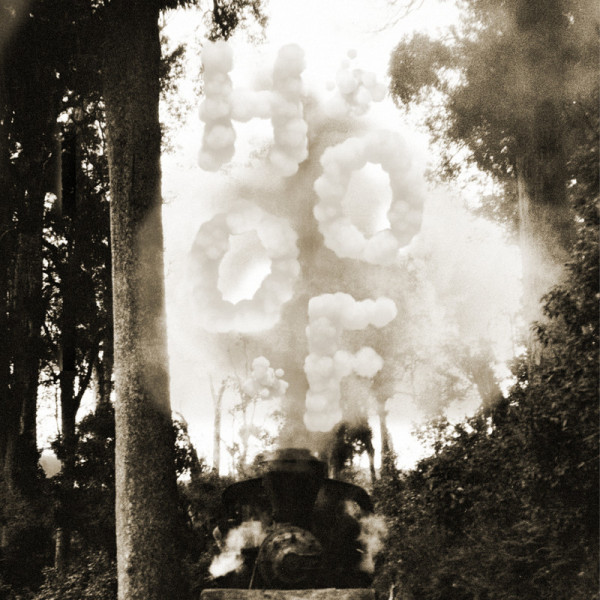
Dolly Parton: 100 Remarkable Moments in an Extraordinary Life
Written by: Tracey E. W. Laird
Epic Ink
Reviewed by: Courtney Rose Brown
“Writing is my first love… it’s my doctor, it’s my therapist… but it also gives a voice to a lot of folks who don’t know how to express it.” – Dolly Parton.
Dolly Parton has always been a prolific writer. In her five-decade career, she has penned over 3000 songs, with the first written at age five. She easily steps into the shoes of other people and writes with her heart from a place of truth. However, this skill has led to the banning of some of her songs due to conservative views at radio stations.
Known for a high head of blonde hair, acrylics, and an hourglass figure, Dolly’s look has remained the same as her character. Author Tracey E. W. Laird ensures Dolly’s personality shines through Dolly Parton: 100 Remarkable Moments in an Extraordinary Life, making it clear that she has been a hard-working, kind, charismatic, smart businesswoman every step of the way.
Coming from nothing, Dolly grew up as the fourth child of 12 in the Smoky Mountains, a place she is always giving back to. She focuses on her faith and love for all without alienating or passing judgement. Over the years, she has donated generously and founded charities, including Imagination Library, which gives a child one free book a month from birth to kindergarten.
Dolly will always be full of surprises, whether it’s making a rock album in her seventies, writing a thriller with James Patterson, or sealing an unheard song in a time capsule that can’t be opened until 2045. It is hard to sum up Dolly in snapshots of her career, but Laird does well. The author excels when she writes about the stories behind Dolly’s songs and the feelings they evoke, mixed with what she was wearing when performing, transporting you into the moment with her. This novel is a great introduction to Dolly and serves as an impressive collection of her accomplishments throughout her legendary career.



